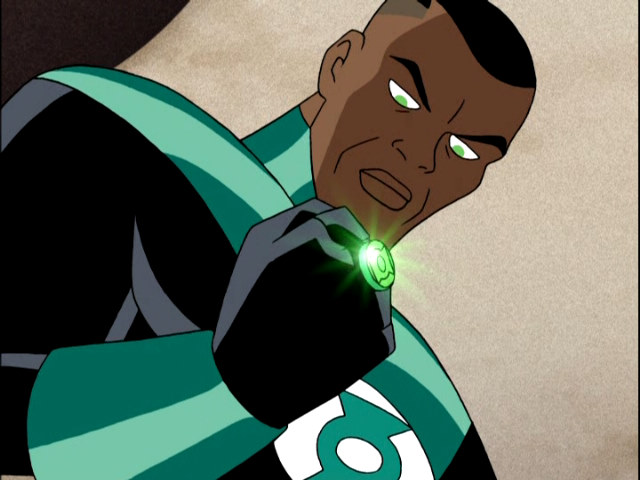On Friday, April 13, English Professor Courtney Baker hosted an event titled “Beyond Art: African American Comic Book Culture,” that featured various academic experts with experience studying racial representations in comic books. The panel of experts included John Jennings, Associate Professor of Graphic Design at the University of Illinois at Urbana-Champaign; Qiana Whitted, Professor of English and African American Studies at the University of South Carolina and Rebecca Wanzo, Associate Professor of the Women, Gender and Sexuality Studies program at Washington University in St. Louis. Each panel member had a different story to share and a variety of associations with the comic book industry.
Their discussion opened my eyes to a different side of comics. Jennings is a talented comic book illustrator and curator in the industry, but his expertise reaches far beyond that of many other scholars. His presentation taught me that the comic book industry is more than just colorful pictures and text; it is a way in which individuals can have their voices heard in a different forum. There has been increasing social commentary and racial disparities debated within the narratives of different comics.
Growing up, I always yearned for a black superhero to look up to, but I doubted that there would ever be one. To my surprise, Jennings provided multiple examples of black superheroes that were created long before I was even born. It caused me to wonder why I hadn’t been exposed to them, and why the African American comic culture wasn’t (and still isn’t) a part of mainstream culture. It is evident that the black community needs noble heroes to look up to, but those heroes have been kept under the radar. By the conclusion of his presentation, Jennings had illuminated the harsh reality of inequality.
The film industry has not yet achieved an accurate portrayal of race relations. Through “hand-me-down” superheroes, the black community was given The Green Lantern, but those types of heroes were always in the shadows of their white predecessors. The future of the comic book and film industries is closely linked. Many comic heroes become Hollywood moneymakers. Jennings expressed his own uncertainty regarding when the desired breakthrough for the black heroes on the silver screen would come.
Whitted’s primary focus was on the influence of comics in the 1950s. It never occurred to me that comics would be used to make such bold statements in a time when racial tensions in this country were so prominent. Whitted explained how the portrayal of African Americans in comics was comprised of mainly horrifying and dehumanizing images — portraying blacks as inhumane and uncivilized. Stereotypes dominated the industry and overwhelming racism prevailed. Blacks were associated with animals and promiscuity, yet there was a group of strong advocates of escapism. Comics evoked change as well as constructive, vocal criticism. Dr. Fredric Wertham was among these critics. Wertham was pivotal in the movement to change what children were exposed to in comics. He, like many today, understood that racism and violence are learned behaviors. He refused to accept the negative image of blacks in the comic book industry.
Wanzo concluded the presentation by tying together the other speakers’ points. She went into great depth about defining the black citizen and genre in comics. Her knowledge of the various types of comic narratives raised new questions and insight. The development of the black character in comics has gone through a series of changes because of the increasing desire to achieve a sense of accuracy. Black characters had been reflective of the stereotypes of the time, but this new move to depict an organic black character is much more difficult. The African American superhero can still, unfortunately, be viewed as entirely fantasy because of what Wanzo said, is the undeniable truth. Jennings both frightened and profoundly impacted me with his comment: “In order to be saved by a black person, you have to genuinely believe that a black person can save you.”
The comic book industry is much more diverse than I had ever imagined, and I’ve learned to appreciate it as an art form, as well as a tool for social criticism. Comic books are no longer geared just towards children, and the immense adult following provides a forum to discuss issues that are often ignored. This symposium provided just one example of such a forum.










